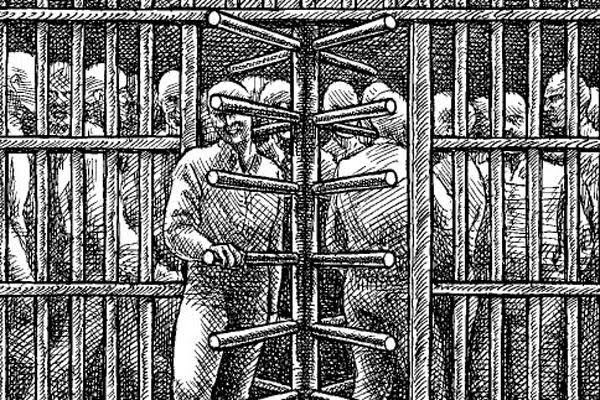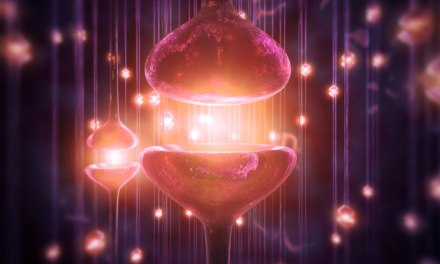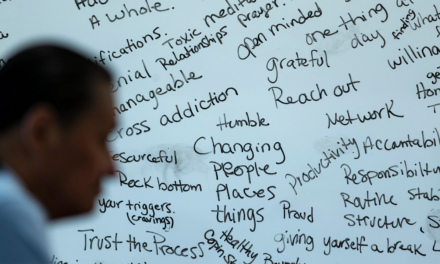From our friends in Canada:
Harm reduction not enough to support those struggling with addictions, say front-line workers
No, I don’t imagine it is. It’s part of a strategy, not complete in itself.
As a colleague of mine would put it, harm reduction is about making people less sick, which includes preventing premature death. That’s justification enough.
Harm reduction measures alone won’t get someone all the way to “well”, in the sense of stable recovery. That requires a great deal more effort.
Frequently said during the opioid epidemic: “No one can get clean and sober if they already died of a drug overdose.” Can’t argue with that. But what’s to prevent that same individual from returning to the behavior that nearly killed them in the first place? That goes beyond basic harm reduction.
So a naloxone distribution program or a needle exchange needs to promote other services, such as treatment and continuing support, to truly be effective.
I remember the era when a few days of detox in a hospital bed was considered adequate as a treatment for chronic alcoholism. I began my career working in such facilities. We saved a lot of lives, some more than once. But as for changing the behavior that underlies addiction– we were not a howling success.
After a while, I came to think of our approach as comparable to finding someone lying drunk on the sidewalk, helping them to their feet, brushing them off, and pushing them back down again.
If that sounds ridiculous, it was.
Even today, many communities I’ve visited rely on a brief stay in the local jail to deter people with severe substance disorders from resuming substance use. Only to be dismayed when someone newly released is reincarcerated, a few weeks, or days, or even hours later.
We call it the revolving door, and the criminal justice system has worked hard to move away from that approach. With considerable success.
Here’s a quote from the article, re the use of medications with addiction:
“There was never strong evidence to support the idea that providing people who are homeless and unemployed and socially alienated and just psychologically struggling … with drugs, or a new type of drug, is going to substantially improve their well-being.”
I prefer to see it as a starting point, not the finish line. More work to be done.
I just don’t believe in halfway measures when it comes to recovery from addiction. We either do what works, as challenging as that may be, or we accept the consequences of failure.
That applies to the individual, of course. But also to society as a whole.













